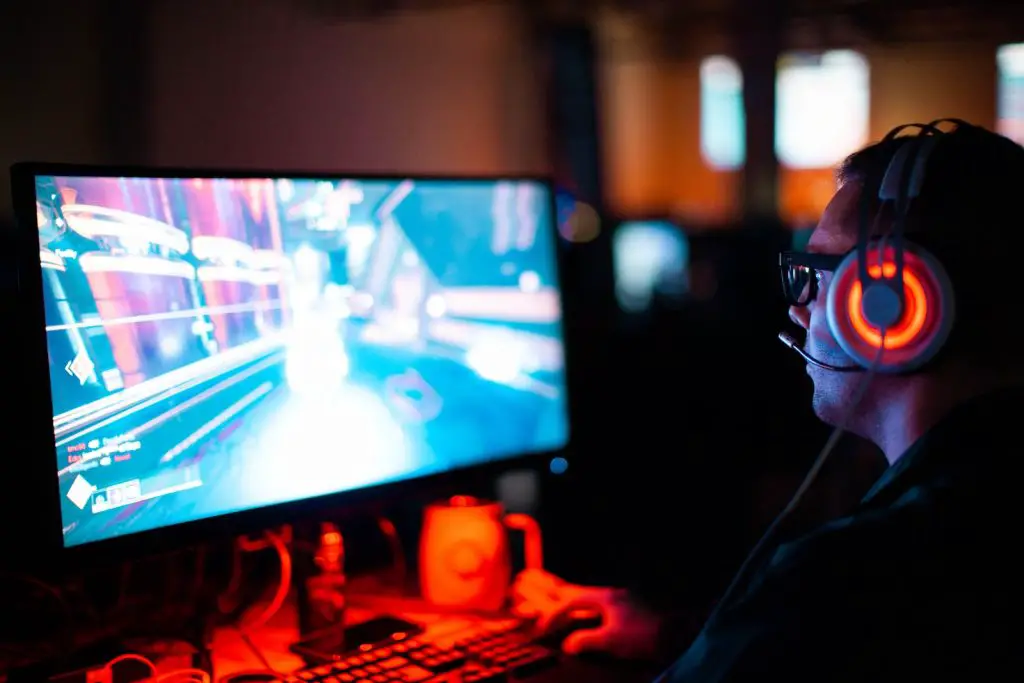This post may contain affiliate links which means I may receive a commission. Learn more on my Privacy Policy page.
Gaming Culture and Community in Modern Times
Gaming is more than a form of entertainment; it can also serve as a powerful social force.
Gamers — particularly Millennials and Gen Z members — have mastered the art of building communities around video games, and with pandemic’s surge in gaming participation these communities have grown to encompass people of all backgrounds.
It’s a way to socialize
Gaming Culture has come a long way over time. No longer do people hide from it due to stereotypes associated with it and only “nerds” participate. Thanks to advanced technology and livestreams, gamers from around the world have connected through gaming communities that transcend countries, languages and beliefs.
Gaming has established itself as an accepted form of entertainment media with cinematic graphics and engaging storytelling, having even left its mark on pop culture with films and TV shows featuring video game characters. Gamers feel pride as their work is recognized for its contribution to art and culture while at the same time discovering an entire community within gaming where they can interact with peers from diverse backgrounds while socializing and relaxing.
It’s a way to relax
Many people enjoy video gaming as an escape from reality and an enjoyable pastime, but gaming culture also serves to bridge gaps during times of physical isolation. Gamers share an enthusiasm for their favorite titles, using abbreviations that speaks directly to their interests while gathering online as communities.
Gamers at home can use Online Gaming as a form of social interaction and streamer handlers as community outlets to relieve stress and anxiety during pandemic outbreaks.
Gaming provides an essential release from stressful work and study life, and as such is an integral component of young people’s lives. Unfortunately, discussions and research tend to either focus on its positive or negative aspects – leaving less nuanced lived experiences out of consideration and leading to moral panics and negative stereotypes; taking a more nuanced perspective would allow for greater appreciation of gaming’s complex nature.
It’s a way to compete
Video games have evolved into an evolving media economy, just like movies and music. Like their film-industry counterparts, they feature franchises with fan bases like films do, prioritizing attention spans like TV/radio shows do and offering replayability similar to music – as well as understanding how to monetize user-generated content globally like apps do.
Gaming has evolved far beyond being seen as an isolated activity performed solely by male adolescents; today’s gamers engage in competitive and esports gaming events with millions of others around the globe, connecting and competing against one another online or at live events.
Decades-long dominance by male gamers has given way to an ever-increasing female demographic that is challenging the perception that video gaming is exclusively male-oriented. Gaming communities now include more diversity than ever before, helping shape its landscape. As with any culture, gamers have developed their own set of terms and vocabulary unique to video gaming culture – many sharing similarities with Internet slang or Leetspeak terms.
It’s a way to make a difference
Video games offer more than entertainment; they can also be a powerful force for change. This is especially evident within gaming communities that unite people from across the globe and push them outside their comfort zones.
Gamers have the opportunity to use their skills and share it with the community by creating content for promotion on online gaming platforms, leading them to become increasingly influential within society – even drawing the interest of companies and institutions which previously dismissed gaming like McDonald’s using gaming to train employees or AstraZeneca sponsoring esports teams at universities. As a result, gaming has grown increasingly influential over time – even garnering support from companies previously dismissive of it such as McDonald’s using gaming to train employees or AstraZeneca sponsoring university esports teams! As a result of its growing influence it has attracted the interest of many companies and institutions who were previously dismissive; even McDonald’s have come around; such as AstraZeneca have sponsored university esports teams to sponsor them both companies to come around and invest.
Gaming culture has made great strides toward challenging stereotypes of it being the exclusive realm of asocial, straight, white men. Indeed, research shows that gamers who identify as LGBTQ+ play an active role within gaming culture.



